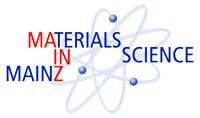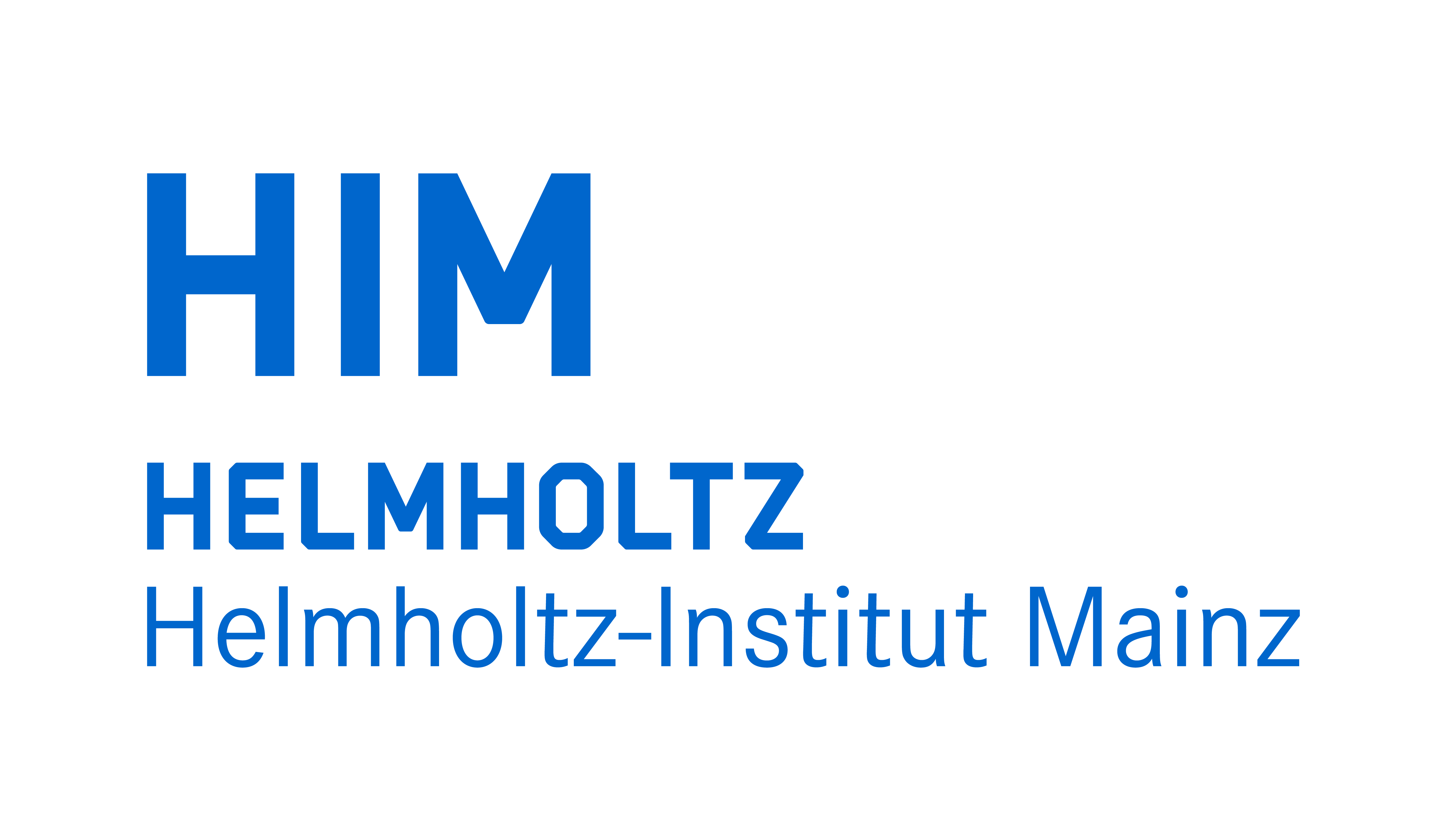


Physikalisches Kolloquium
Jan. 25, 2011 at
5 p.m. c.t.
in
Hörsaal des Instituts für Kernphysik, Becherweg 45
Prof. Dr. Alfons Weber
Institut für Physik
a.weber@uni-mainz.de
Prof. Dr. Hartmut Wittig
Institut für Kernphysik
hartmut.wittig@uni-mainz.de
Direct Search for WIMP Dark Matter with XENON
Prof. Dr. Uwe Oberlack (Institut für Physik, Universität Mainz)
Some 85% of all matter in the universe consists of non-baryonic cold Dark Matter. We observe its gravitational influence in large astrophysical systems ranging from galaxies to galaxy clusters to the universe as a whole. Dark Matter is the driving force for structure formation and dominated the evolution of the universe over most of its history. Dark Matter, together with Dark Energy, is our most solid evidence for physics beyond the Standard Model.
Weakly Interacting Massive Particles (WIMPs), a thermal relic of the hot Big Bang, make up a generic class of well-motivated Dark Matter candidates. The XENON Dark Matter program seeks to detect WIMPs through their interactions with xenon nuclei. The detector concept consists of a dual-phase liquid/gas xenon time projection chamber with a low energy threshold and powerful background suppression. Following its successful predecessor XENON10, our current experiment XENON100 features 5 times greater sensitive mass and 100 times lower background. This allows us to explore WIMP interactions with 20-fold improved sensitivity over previous experiments.
This talk will provide an overview of the field, present current results from XENON100, and discuss future prospects of experiments at the ton scale.